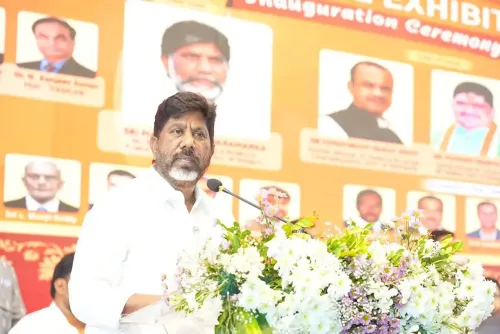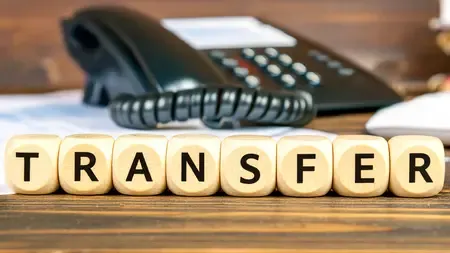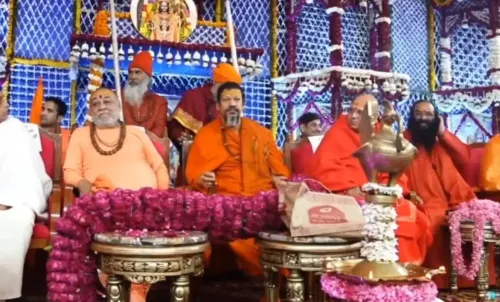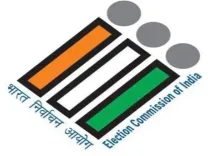Is PM Modi Committed to 'Ease of Justice'?
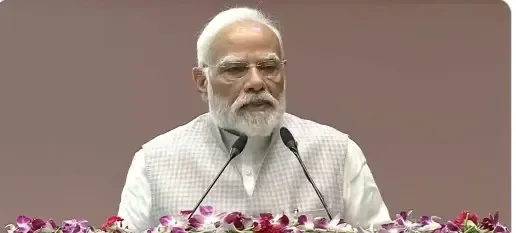
Synopsis
Key Takeaways
- Commitment to ‘Ease of Justice’
- Integration of technology in legal services
- Over 800,000 cases resolved via legal aid
- Importance of legal awareness for citizens
- Role of NALSA in providing legal aid
New Delhi, Nov 8 (NationPress) Prime Minister Narendra Modi emphasized the Union government's dedication to ensuring “Ease of Justice”, describing it as a crucial element for achieving “Ease of Doing Business” and “Ease of Living”.
During the inauguration of the National Conference on ‘Strengthening Legal Aid Delivery Mechanisms’ at the Supreme Court in New Delhi, PM Modi remarked, “In the last three years, the government-supported legal aid system has resolved eight lakh cases through Lok Adalats and at the pre-litigation stage.”
He highlighted the importance of enhancing legal awareness among citizens and integrating technology into the judicial system for empowerment.
“The language of justice must be comprehensible to the public,” he stated, noting that this is essential for improved understanding and reduced litigation.
He asserted that justice should be both accessible and prompt.
“Justice must be available to all, regardless of their social and economic status. Only then can the foundation of social justice be fortified.”
The Chief Justice of India (CJI) B.R. Gavai characterized legal aid as a vital aspect of nation building.
“Legal aid is an act of nation building,” he said.
The CJI further mentioned that the legal aid initiative aims to fulfill B.R. Ambedkar's vision of transforming lives.
“The goal of the legal aid movement is to amplify the voices and restore dignity to the marginalized,” he added.
Previously, Union Minister of Law and Justice Arjun Ram Meghwal urged the youth to perceive justice delivery not just as a formal obligation but as a service to citizens. He noted that under the Prime Minister's guidance and in alignment with the ‘Digital India’ initiative, the Department of Justice is leveraging digital platforms to enhance access to justice for everyone.
He expressed satisfaction that Article 39A, which mandates free legal aid, was included in the Constitution due to the foresight of the Constitution’s framers.
“It is gratifying to observe that the National Legal Services Authority (NALSA) has significantly contributed to providing legal aid and services over its three-decade journey,” he remarked.
During the event, the Prime Minister unveiled a Community Mediation Training Module developed by NALSA.
The two-day conference, organized by NALSA, will discuss critical facets of the legal services framework, including the legal aid counseling system, panel lawyers, paralegal volunteers, permanent Lok Adalats, and the financial management of legal services institutions.
The Legal Services Authorities Act, enacted in 1987, came into effect on November 9, 1995.
This Act was established to create a uniform national network for providing free and competent legal services to the underprivileged on the basis of equal opportunity.
NALSA was formed under this Act to oversee the implementation of legal aid programs and establish policies and principles for making legal services accessible.
Every state has a State Legal Services Authority tasked with executing NALSA's policies and providing free legal assistance to citizens while organizing Lok Adalats.
The Chief Justice of the respective High Court serves as the Patron-in-Chief of the State Legal Services Authority, while the senior-most judge is designated as the Executive Chairman.


